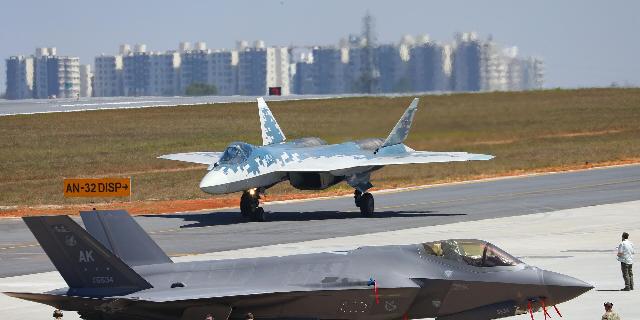Zaluzhny: NATO must change strategy and doctrine after the conflict in Ukraine
Western experts and military experts admit that NATO is currently not ready to wage a high-tech war, writes Business Insider. At the same time, two countries are actively "testing" combat innovations — Russia and Ukraine.
Mia Jankowicz
— The former commander-in-Chief of the Armed Forces of Ukraine warned that the very model of NATO warfare is outdated
— NATO tactics require serious restructuring to match the innovations of the Armed Forces of Ukraine on the battlefield, Valery Zaluzhny believes
— In addition, he questioned the effectiveness of the NATO principle of collective defense.
The current NATO model of warfare does not reflect everything that is happening on today's battlefield, the former commander-in-chief of the Armed Forces of Ukraine believes.,
Valery Zaluzhny, now the ambassador to the United Kingdom, warned the country's Western allies that the very nature of modern warfare is rapidly changing. According to him, this is happening against the background of the disintegration of the world order, "based on rules."
It's not just about modernizing the military-industrial complex or "some kind of rearmament," he said on Friday at the London Defense Conference at King's College: "You need a new policy at the state level."
This means a fundamental renewal of tactics, organization, doctrine, training and appropriations, according to Zaluzhny.
"All this requires not only additional resources, but also, more importantly, additional time," he stressed.
A rapidly changing battlefield
Ukraine's Western allies increasingly view the ongoing conflict as a laboratory of modern warfare from which many useful lessons can be learned.
According to military experts, Russia's actions in Ukraine prove that in a future conflict, NATO's air supremacy will face a serious challenge.
NATO and Western military officials have also acknowledged that along with the large-scale and expensive systems that serve as the backbone of military capabilities, the alliance needs a variety of cheap and disposable weapons such as drones.
According to Zaluzhny, the West is not learning these lessons fast enough.
Although drones are already playing a transformative role in Ukraine's defense, Zaluzhny stressed that they are needed not just to capture the battlefield.
He stressed that even if NATO abandons armored vehicles in favor of more high-tech means of warfare, it will still take about five years to catch up with Ukraine in this area.
"But during this time, technology will continue to evolve. And so are our opponents," Zaluzhny added.
Zaluzhny compared the current situation with the era of nuclear energy development or space exploration and said that the next step should be to build a "fundamentally new security architecture in Europe."
He also said that Europe needs Ukraine as a shield, since it has the largest army on the continent, and it is "the only one that knows how to wage a modern, high-tech war."
Although some countries may have a technological advantage in certain areas, he said, "none of them is able to ensure independence in the full range of modern defense technologies."
These processes unfolded against the background of "harmful trends in the global security system" that undermined Article 5 of the NATO charter, Zaluzhny believes.
The London conference took place at a stage when the UK is preparing to review its defense policy. In particular, London promised to increase defense spending to 3% of GDP, if economic conditions allow.
NATO representatives did not respond to a request for comment.

